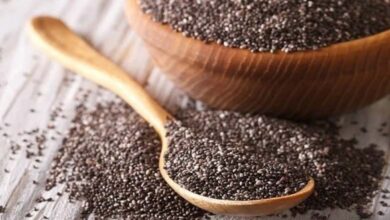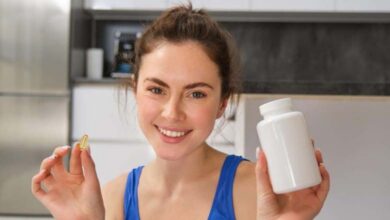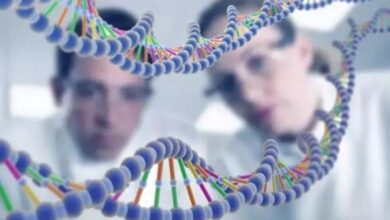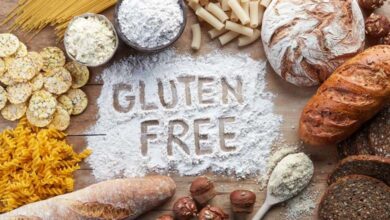How to Protect and Boost Collagen in Your Skin?
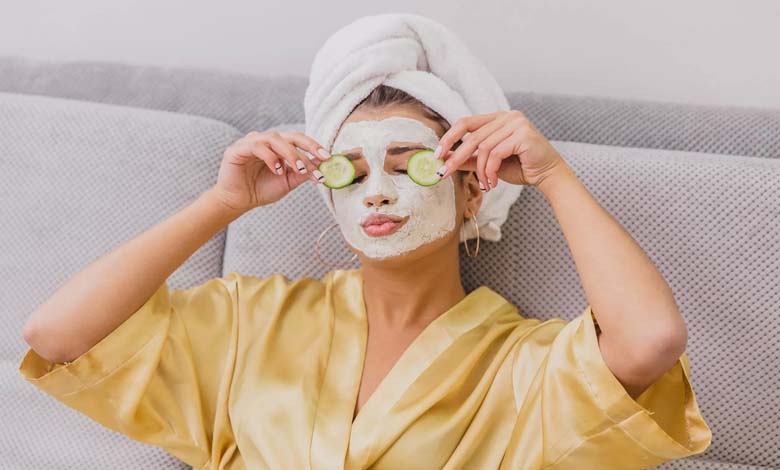
Collagen is a fundamental protein that makes up nearly 75% of the skin’s structure. Acting as a support network, it is responsible for firmness, elasticity, and resilience. As we age, collagen production naturally declines, leading to wrinkles, fine lines, and sagging. Beyond intrinsic aging, external factors such as sun exposure, pollution, smoking, and poor nutrition accelerate its breakdown. This makes it crucial to adopt effective strategies to both protect and stimulate collagen production.
- The importance of prevention
The first step is to reduce the aggressors that damage collagen. Ultraviolet (UVA and UVB) radiation is one of the main culprits. Applying sunscreen daily, even in winter or on cloudy days, is non-negotiable. Likewise, avoiding smoking and limiting alcohol consumption protects collagen fibers, as these habits increase free radical damage to the skin. - Nutrition as a key ally
A balanced diet rich in antioxidants plays a central role in collagen protection. Berries, citrus fruits, leafy greens, and nuts are rich in vitamins C and E, essential nutrients for collagen synthesis. Amino acids from animal proteins (fish, lean meats) and plant-based sources (legumes, quinoa) provide the building blocks for collagen production. Additionally, bone broth is naturally rich in bioavailable collagen.
- Topical care and active ingredients
Many skincare products now include ingredients proven to stimulate collagen. Retinol (vitamin A) is one of the most effective, as it boosts cell turnover and activates fibroblasts, the cells that produce collagen. Peptides, hyaluronic acid, and niacinamide are also widely used to reinforce the skin’s structure and improve firmness. - Dietary supplements
Collagen supplements, particularly hydrolyzed collagen peptides, have gained popularity in recent years. Studies suggest they may help improve skin elasticity and hydration. While they cannot replace a balanced diet, they can serve as an additional tool, especially after the age of 30, when natural production begins to slow down. - Medical and aesthetic treatments
For those seeking more visible results, certain dermatological procedures can strongly stimulate collagen. Microneedling, radiofrequency, fractional lasers, and focused ultrasound trigger deep skin regeneration. These treatments activate the body’s natural healing response, which in turn boosts collagen production. - Lifestyle factors
Quality sleep, proper hydration, and effective stress management are often overlooked but essential. These factors significantly impact the skin’s ability to regenerate and maintain its collagen reserves.
-
Mature skin: Should you clean your face in the morning? A dermatologist responds
-
Hair, skin: 3 unrecognized beauty benefits of lime trees
Protecting and stimulating collagen is not a one-time effort but a holistic approach that combines lifestyle, skincare, nutrition, and—if desired—targeted medical treatments. Collagen-rich skin is synonymous with vitality and youthfulness, but it is above all the result of consistent prevention, mindful living, and scientific innovation.
-
The Essential Role of Zinc in Protecting Hair and Skin Health
-
The Drawbacks of Daily Makeup Use on Women’s Skin
-
“The Anti-Aging Benefits of Collagen for Women’s Skin: How it Helps Resist Wrinkles”
-
The right things to do to protect your skin from the sun
-
Artificial Intelligence Enters the World of Shopping and Suggests What Suits You


